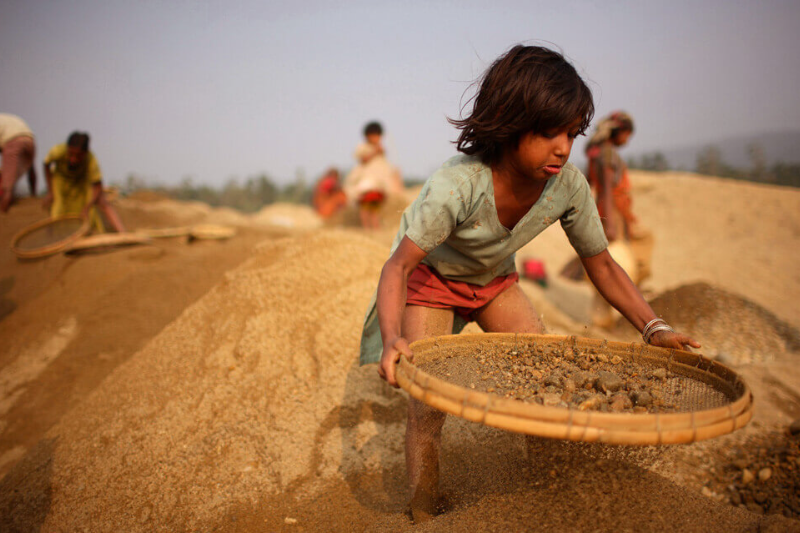

Children working is still a serious issue in many nations, including India. Children generally operate in many different industries under challenging and dangerous conditions. Apart from depriving children of their childhood, this habit hampers their psychological and physical development. Dealing with child work helps to guarantee the wellbeing and future of young people. Even if other countries have achieved considerable progress, millions of children in India still endure child labor, which keeps them out of school and locks them into a cycle of poverty.
Laws prohibiting child work ensure protection of children from exploitation and assured access to education and a safe surroundings. These guidelines aim to prevent young people being forced into jobs compromising their health and growth. Tight regulations give governments possibilities for a better future and enable them to interrupt the cycle of poverty. Good use of these guidelines ensures that children have the chance to grow and prosper instead of being driven into employment.
In India, the official legal minimum age to work is fourteen years old. According to the Child Labour (Prohibition & Regulation) Act, 1986 no establishment is allowed to employ minors. Young children under fourteen years old are strictly barred from working in settings including factories, mines, or other hazardous locations for risky occupations. This ensures that young children are not subjected to circumstances that might substantially jeopardize their health and well-being or expose them to perhaps deadly risks. Children between the ages of fourteen and eighteen are allowed to work in non-hazardous vocations, but under certain rules to ensure their welfare and safety. These restrictions apply to the number of hours worked as well as guidelines to assure their employment does not affect their education or progress.
Breaking restrictions on underage labour in India brings severe penalties. Businesses found guilty of employing juveniles below the legal age pay hefty fines and run risk of jail. The Child Labour (Prohibition & Regulation) Amendment Act, 2016 enhanced these fines to assure additional rigors in enforcement. For repeated offenses, employers could be imprisoned for up to two years and fined up to ₹50,000. Those who consider using child labor will find considerable disincentive from this.
Despite strong regulations, implementing child labor restrictions in India comes with several challenges. Many instances of child labour going unreported come from ignorance and social pressures. Moreover, inadequate implementation of the laws frequently results from ineffective enforcement of them. Moreover, children from disadvantaged homes are sometimes driven to work for their family, which makes it difficult to remove child labour alone with rules.
Rules against child labour and their implementation are under continuous improvement efforts. These include educating children about their rights, enhancing the capacity of enforcement agencies, and enabling families to reduce their dependence on child labour. NGOs and international groups greatly help ground-based projects aiming at locating and rescuing children involved in child employment and offering them educational opportunities.
Laws restricting child labor will be absolutely vital in safeguarding children’s rights and futures in India. Following these guidelines allows society to ensure that children have the possibility to grow in a safe and loving environment. Eliminating child labor and protecting the younger generations of society depend on continuous awareness-raising activities. Every child may lead a childhood free from exploitation and full of hope for the future only if governments, societies, and people work among themselves.
The Department of Government Efficiency fired more public workers through March under Elon Musk than all previous data monitored since…
Japanese tire manufacturer Bridgestone announced it would cut 546 jobs at its northern Spain factories, considering the challenging market conditions…
On 3 April 2025, the United Nations Human Rights Commission (UNHRC) has submitted a shocking report about continuos human rights…
In March the US job market showed better-than-expected results when private companies added 155,000 workers to their payroll despite the…
Just a few weeks after a strike took place, workers at the Chennai plant of Samsung India are gearing up…
Zomato has cut up to 600 customer support jobs in less than a year of taking the employees onboard, according…
This website uses cookies.
Read More